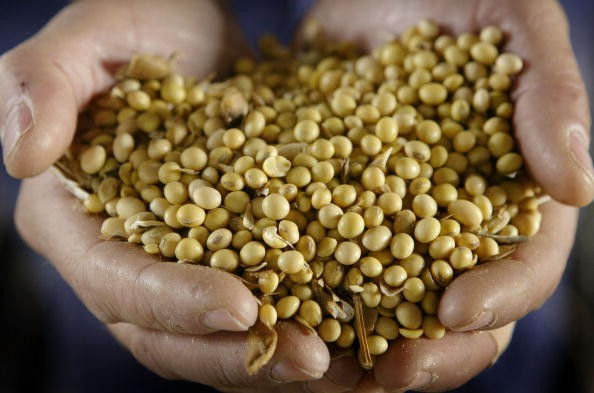On Tuesday, an American industry group said that China has decreased the number of approved GMO crop imports, hindering the launch of new products around the globe and impairing trade.
Cultivating any genetically modified varieties of staple food crops is not allowed by the Chinese government. The ban came along with inherent consumer opposition.
The country, however, permits the importation of GMO crops, including soybeans, for processing animal feed.
According to Chinese Agriculture Ministry, the number of approvals has decreased to just one last year, lower than the three approvals in past years.
"The trend is moving in the wrong direction in terms of the product being approved in the past few years," Gao Yong told reporters, saying that he is not sure of the reason behind the fewer approvals.
Gao is a co-chairman of the agriculture group at the American Chamber of Commerce in China. He is also China president at Monsanto Co., a global giant in biotechnology.
The Chinese government has not given any comment.
The United States tops the list of GMO crop producers and one of the leading soybean suppliers to China. For a long time, the country has been a pioneer in technology, with the goal of protecting crops against insects or allowing herbicide resistance.
To increase the efficiency of its agricultural sector, China has announced its support to biotechnology. The country is also planning for the commercialization of new GMO varieties of corn and soybeans in the years to come.
However, acceptance of the public is a major challenge for the introduction of GM crops in China in the future. Opinions remain negative regardless of the government’s efforts in convincing consumers of the safety of GM foods.
According to the American Chamber of Commerce, the government and the academe have worked together to develop public understanding of GMO products.
The industry was "extremely disappointed" that the country only permitted one new biotech product for import in 2016, Gao said, pertaining to a Bayer CropScience Ltd soybean. Eight other products were waiting for approval.
Nine other biotech products were also seeking for approval for local field trials. The trials are required for a safety certificate and a full import approval. One of these products, a Monsanto soybean, was approved, according to Gao.
GMO corn and cotton are among other products seeking to penetrate the Chinese market.
The biotech crop importation takes about six years to be approved, longer than the three-year processing in other key markets, said Gao.
The frequency of expert committee meetings to review applications was reduced from three to “at least two.” Approval decisions were only given once a year.
The decrease in GMO crop importation approvals poses a threat not only to the global economy but also to China’s food security.



























